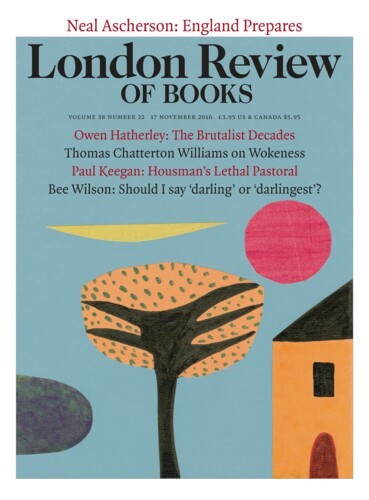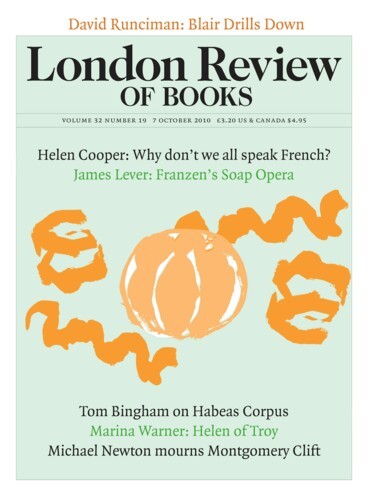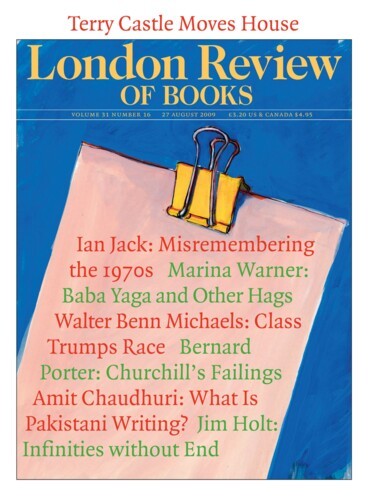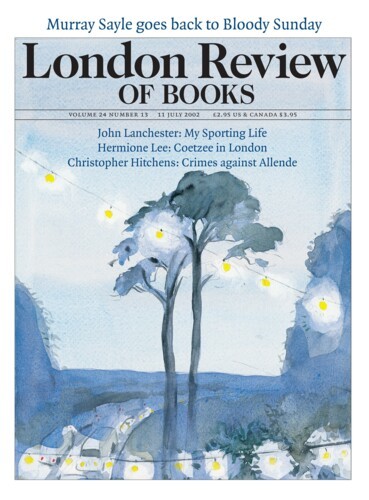Try a monastery instead: Suicide
Mikkel Borch-Jacobsen, 17 November 2016
Around forty years ago, a friend of mine took his own life in the middle of a party he was throwing in his apartment. A neighbour who happened to look outside saw him climb onto the window ledge, hesitate briefly and then jump to his death from the fifth floor. His guests were stunned when the police rang at the door.
Why did he do it? We grasp at reasons, motives, causes, triggers....




